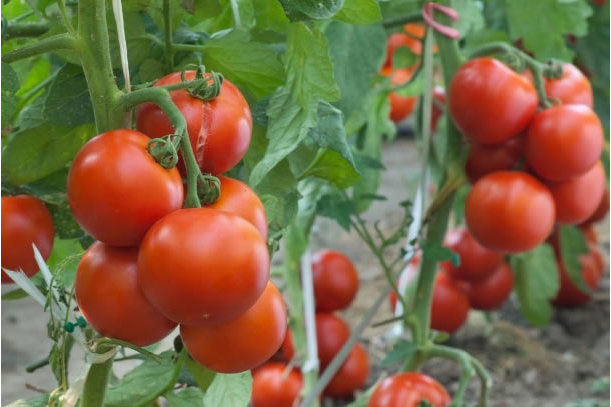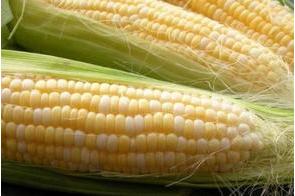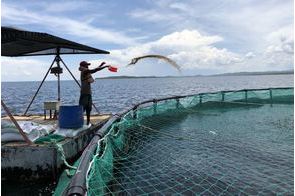Report finds sustainable agriculture driving down use of pesticides

Summary
The use of pesticides and other chemical agents has dropped by between 50 and 90% over the past fifty years.
As it marks its 50th anniversary this year, Koppert Biological Systems, a Dutch family-owned company, said on Thursday that the use of pesticides and other chemical agents in horticulture has dropped by between 50 and 90 per cent over the past fifty years. The company attributed the decline in the use of non-chemical solutions to pests and plant diseases to the use of biological crop protection mechanisms such as predatory wasps and mites, bacteria and fungi, among others.
Koppert said the growing need for food safety and sustainable agriculture is what has led to the increasing use of biological crop protection in horticulture – a branch of agriculture that entails the production and marketing of fruits, vegetables, flowers, and ornamental plants. The use of pesticides has dropped sharply especially in tomato, cucumber and sweet pepper cultivation. In the last few years, Koppert said biological solutions have also been increasingly used in seed treatments, food crops, fruit and ornamental plant cultivation.
Over the past fifty years, Koppert has grown to become the global leader in biological crop protection. The company's founder, Jan Koppert, first began using the predatory mite Phytoseiulus persimilis back in 1967 to control an infestation in his cucumber crop. Today, the company provides an integrated system of specialist knowledge and natural, safe solutions that improve crop health, resilience and production. Its natural solutions are widely used globally against whitefly, aphids and spider mite, and all sorts of crop diseases.
“We need to move towards agriculture and horticulture that does not work against nature but is in harmony with nature. Resulting in more, better and safer food with less pressure on the environment,” said Henri Oosthoek, Executive Board Member at Koppert. "This is what we try to contribute towards each day.”
Recently, the company started producing microbiological organisms such as fungi and bacteria for outdoor cultivation. These organisms enhance the resilience of crops and enrich the biodiversity and nutrient content of the soil. The company sees this as a huge growth market.
"Artificial fertilizers and chemical crop protection have played too dominant a role in recent years, which has had a negative impact on soil life." said Paul Koppert, also the company's Executive Board Member. "This needs to change, and fungi and bacteria can really help to drive this. Microorganisms have been underestimated for a long time now. Not only do they offer protection against diseases and pests, they also improve the health and nutrient levels of the soil, allowing growers to drastically reduce their use of artificial fertilizer. This is an important factor in tomorrow's agriculture and horticulture."
The company has operations in 26 countries, including China, Brazil, the United States and Russia. It has 1,200 employees and exports to more than 90 countries, with an annual turnover of 190 million euro.
Another area of specialization by the company is natural pollination using bumblebees, which Koppert has produced since 1988. Koppert has developed various innovative hives for this purpose. The use of bumblebees also has led to a drop in the use of chemical agents.
Related
-
Hunger, poverty at the root of conflict, says Italian president
Sergio Mattarella said investing in smallholder agriculture will help to stabilize communities and reduce conflict.
-
AfDB lends support to Burkina Faso agriculture project
The objective of the Bagre Growth Pole Project for Burkina Faso is to contribute to increased economic activity.
-
Finnfund invests $6 million to expand aquaculture in Zambia
Finnfund made the investment in an integrated tilapia aquaculture company, producing 12,000 tonnes of tilapia annually.








